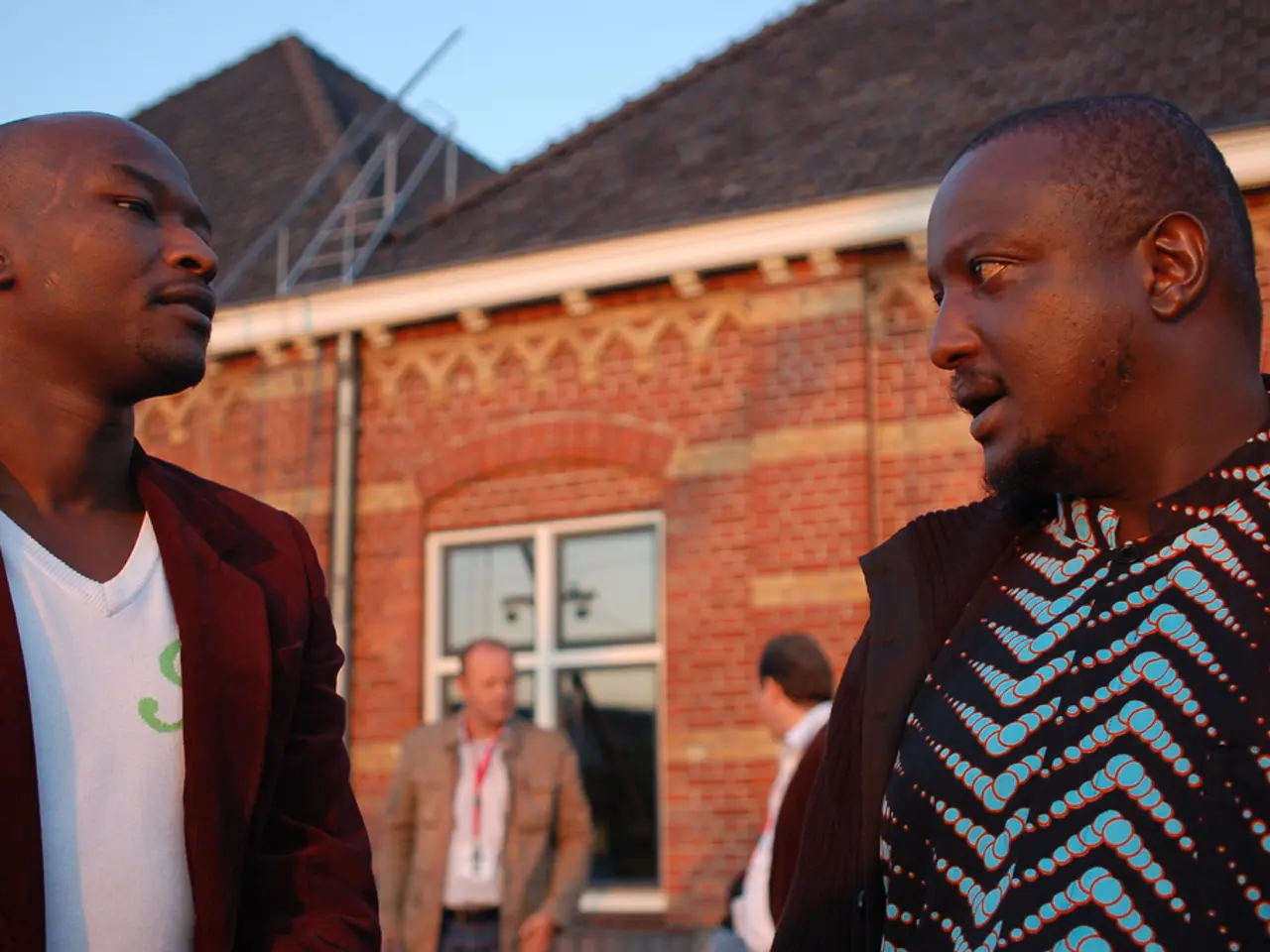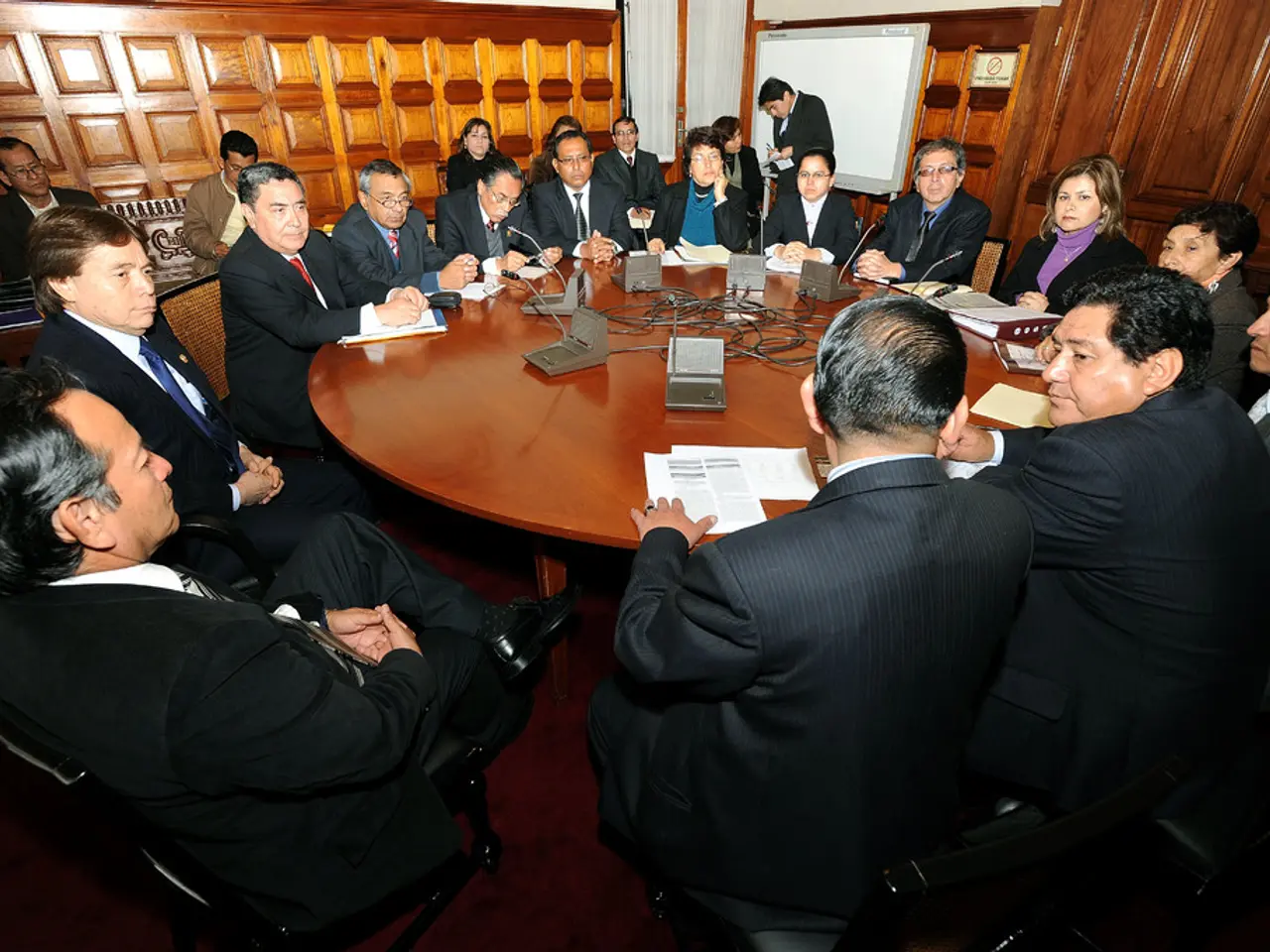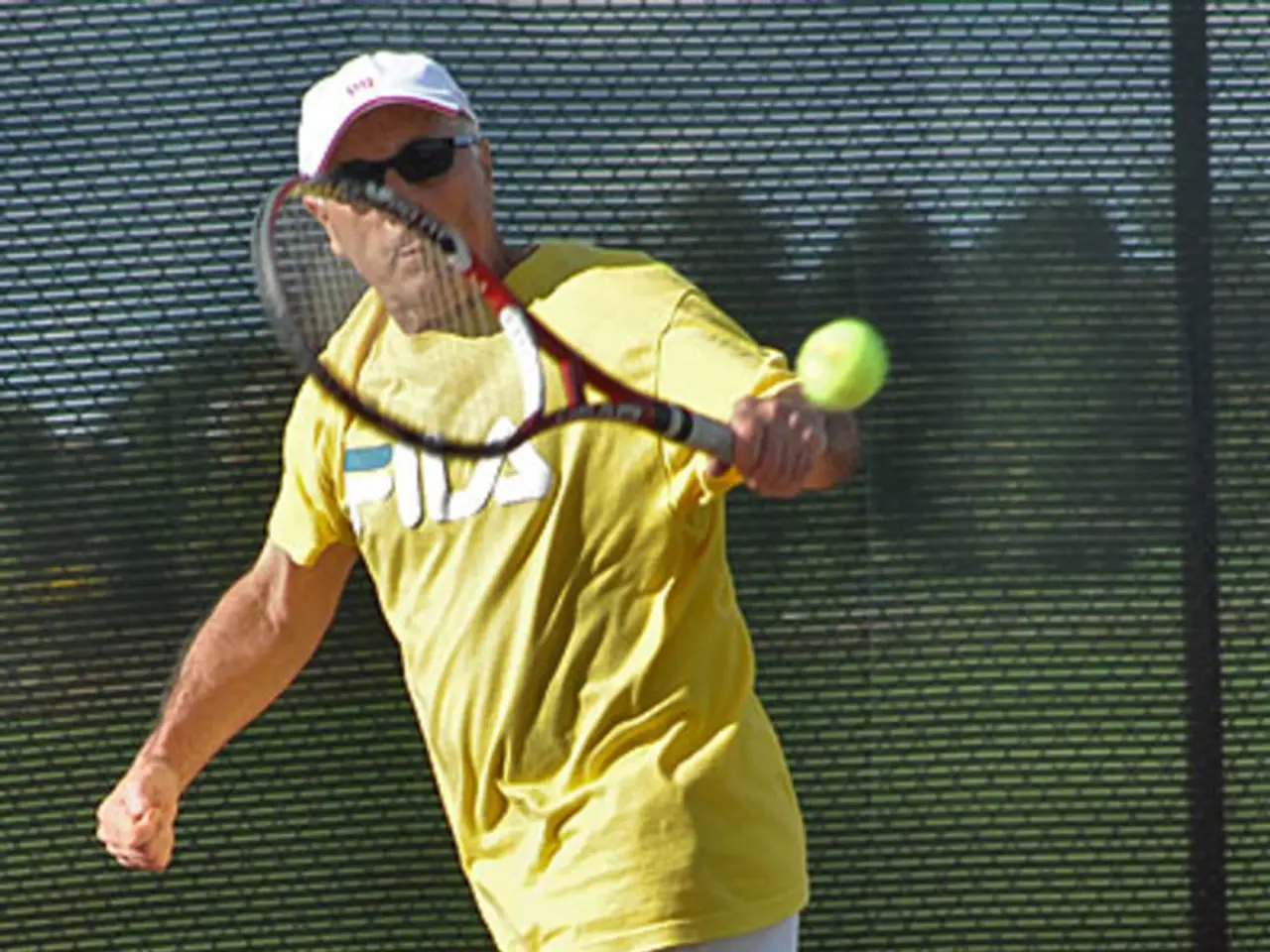Former Finance Minister Appointed as Ambassador to Ukraine
In the ongoing fourth year of the Ukraine conflict, the country faces intense military pressure from Russia, with no successful ceasefire or reduction in hostilities. Russia continues to make incremental territorial gains, particularly in Donbas, but has faced stalled advances near Sumy.
The war has seen a significant escalation in aerial offensives, with the largest aerial attack during the invasion occurring on June 29, 2025, when Russia launched a total of 537 aerial weapons overnight, including 477 drones and decoys and at least 60 missiles. This marked a sharp increase in drone attacks compared to previous months, overwhelming Ukraine’s air defenses and escalating civilian casualties.
Cities like Kyiv, Kharkiv, Sumy, and Dnipro have suffered repeated drone and missile barrages designed to degrade morale and exhaust Ukraine’s capacity to resist. However, Ukrainian forces have also adopted drone strikes against Russian positions, a strategy to inflict costs on Russia and draw more Western support.
In response to the escalating conflict, Western military support for Ukraine continues to intensify. Germany, the UK, and other NATO countries are coordinating new military aid packages. Notably, Germany and Ukraine plan to jointly produce long-range weapons systems to bolster Ukraine’s defense capabilities.
A recent meeting of defense ministers from Germany, the UK, and other states took place in Brussels to discuss and coordinate further military aid for Kyiv. Ukraine’s Defense Minister Rustem Umerov participated to advise on urgent defense needs and frontline developments.
Diplomatic engagement is ongoing, but the war shows no signs of abating soon, with the security of Ukraine and broader European stability at significant risk. The conflict remains highly intense, with Russia mounting a major drone and missile offensive, and Ukraine under severe strain but continuing to receive coordinated Western military support.
In the midst of these tensions, there have been diplomatic efforts to de-escalate the situation. French President Emmanuel Macron and Kremlin leader Vladimir Putin spoke to each other for the first time in more than two and a half years.
As the conflict continues, the international community remains committed to supporting Ukraine. The UN Secretary-General António Guterres has pledged support to Ukraine for potential reconstruction, and the US Special Envoy Keith Kellogg has dismissed Russian claims that the US and Ukraine are delaying peace talks as unfounded.
In addition, German Chancellor Friedrich Merz has not ruled out the delivery of German Taurus cruise missiles to Ukraine, and Norway is sending F-35 fighter jets to Poland to protect Polish airspace and a crucial logistics hub for aid to Ukraine.
Sources: [1] BBC News, Ukraine conflict: Russia's drone war intensifies, June 2025. [2] Reuters, Germany, UK to coordinate new military aid for Ukraine, June 2025. [3] The Guardian, Ukraine conflict: Russia steps up drone war in Donbas, June 2025. [4] The New York Times, Ukraine's Defense Against Drones, June 2025. [5] Kyiv Independent, Ukraine's air defense systems under pressure as Russia ramps up drone attacks, June 2025.
- The international community, including the United Nations and various Western nations, are intensifying their employment policy towards Ukraine in response to the ongoing Ukraine conflict, which is marked by war-and-conflicts and politics, providing military aid, coordinating defense strategies, and pledging support for potential reconstruction.
- Amidst the escalating general-news surrounding war-and-conflicts in Ukraine, diplomatic efforts, such as those between French President Emmanuel Macron and Kremlin leader Vladimir Putin, are being made to de-escalate the situation and foster peace, while Ukraine continues to face intense military pressure from Russia and employs drone strikes as a strategy to inflict costs on Russia and secure more Western support.






